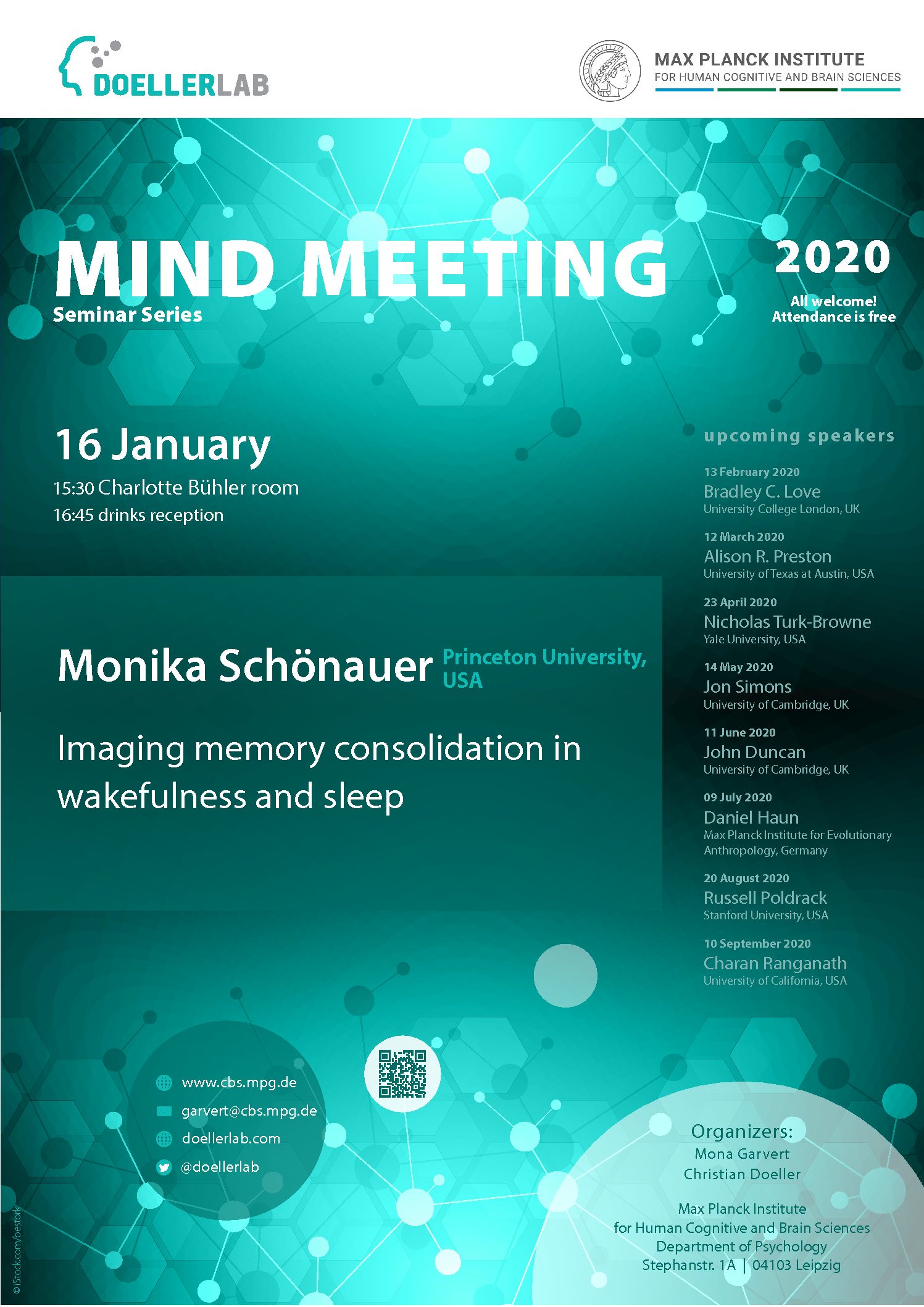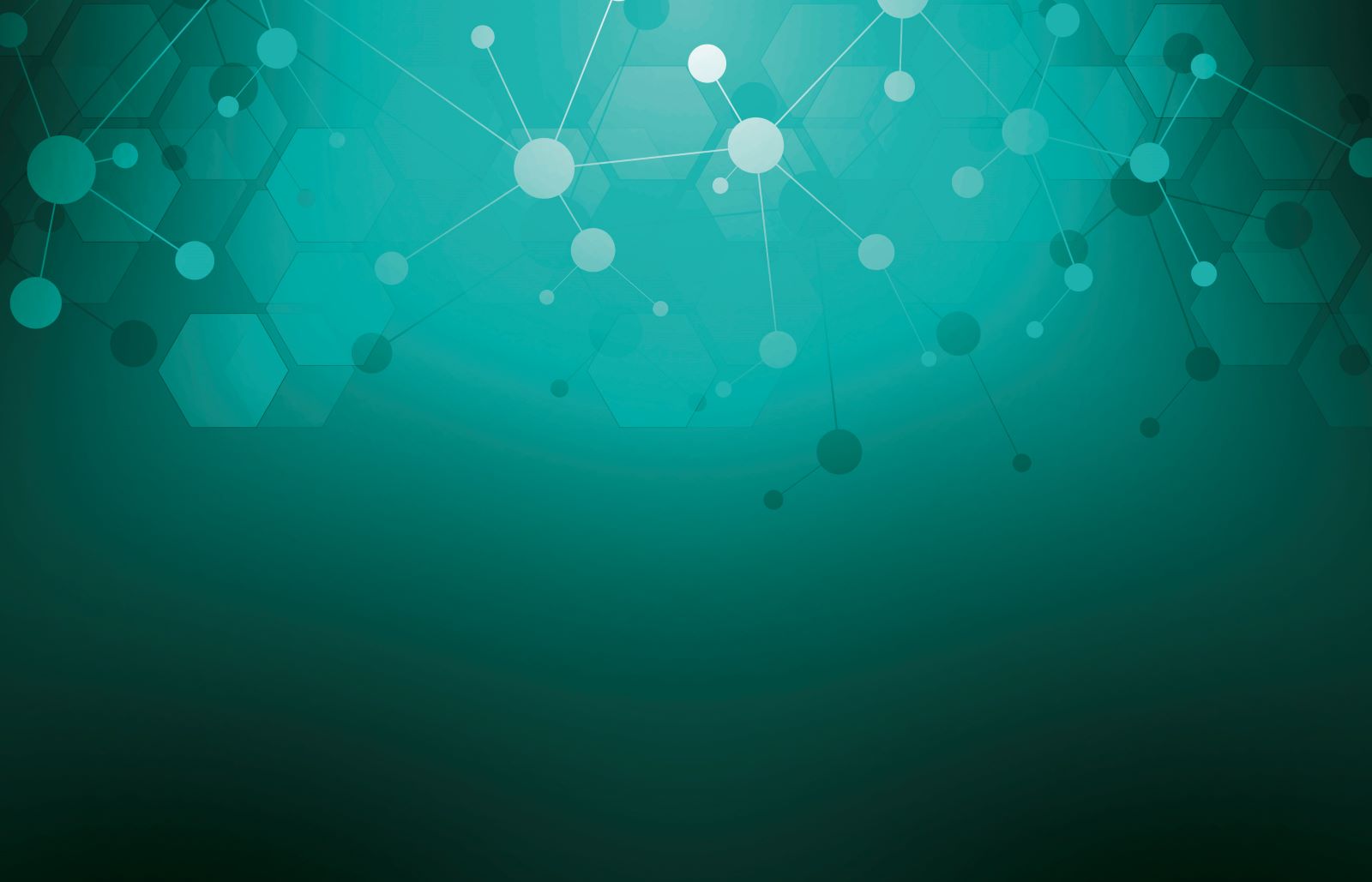The Department of Psychology is delighted to announce the next talk of the Mind Meeting Seminar Series.
On Thursday 16th January, Dr Monika Schönauer (Princeton University) will give a talk entitled “Imaging memory consolidation in wakefulness and sleep”.
When: Thursday 16th January, 15.30. The talk will be followed by a drinks reception.
Where: Charlotte Bühler Room, MPI for Cognitive and Brain Sciences Leipzig
You are very welcome to attend!
Abstract
New memories are initially labile and have to be consolidated into stable long-term representations. Current theories assume that this is supported by a shift in the neural substrate that supports the memory, away from rapidly plastic hippocampal networks towards more stable representations in the neocortex. Rehearsal, i.e. repeated activation of the neural circuits that store a memory, is thought to crucially contribute to the formation of neocortical long-term memory representations. This may either be achieved by repeated study during wakefulness or by a covert reactivation of memory traces during offline periods, such as quiet rest or sleep.
My research investigates memory consolidation in the human brain with multivariate decoding of neural processing and non-invasive in-vivo imaging of microstructural plasticity. Using pattern classification on recordings of electrical brain activity, I show that we spontaneously reprocess memories during offline periods in both sleep and wakefulness, and that this reactivation benefits memory retention. In related work, we demonstrate that active rehearsal of learning material during wakefulness can facilitate rapid systems consolidation, leading to an immediate formation of lasting memory engrams in the neocortex. These representations satisfy general mnemonic criteria and cannot only be imaged with fMRI while memories are actively processed but can also be observed with diffusion-weighted imaging when the traces lie dormant. Importantly, sleep seems to hold a crucial role in stabilizing the changes in the contribution of memory systems initiated by rehearsal during wakefulness, indicating that online and offline reactivation might jointly contribute to forming long-term memories.
Characterizing the covert processes that decide whether, and in which ways, our brains store new information is crucial to our understanding of memory formation. Directly imaging consolidation thus opens great opportunities for memory research.
Upcoming Mind Meeting talks:



